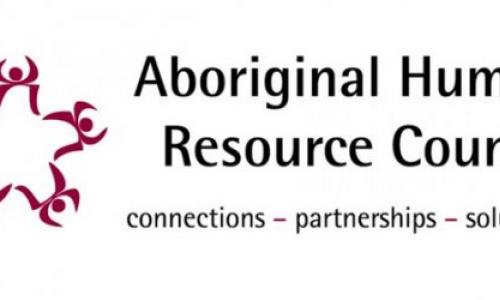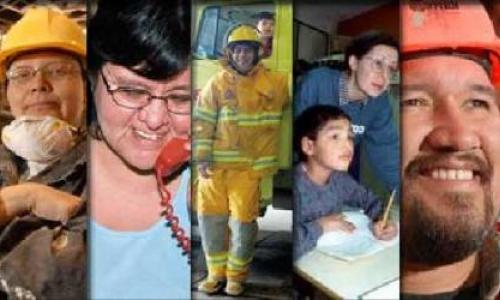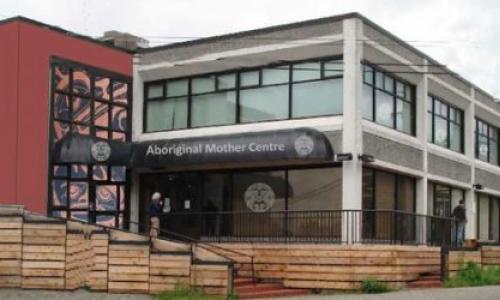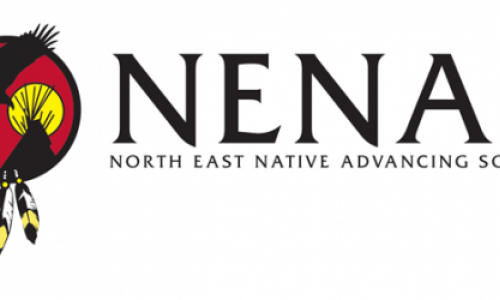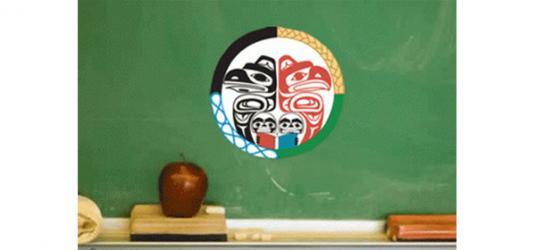
I was interested to know what were the top career choices for Aboriginal people. I did a little digging but finding this information was not easy. Through my own research, I did discover the top fields of study for First Nation people, both on and off reserve. This information unfortunately did not include Métis, non-registered Indians or Inuit, but I thought it was a start. I had to recalculate the numbers but I discovered the top five fields of study.
Here the tables of my findings of levels of education attainment amongst First Nation people and the top five fields of study:
Table 1
Proportion of First Nation people aged 25 to 64 living on and off reserve by level of educational attainment, Canada 2006
|
|
Less Than High School |
High School Diploma |
Trades Certificate |
College Diploma |
University Certificate or Diploma |
University Degree |
|
First Nations living on and off reserve |
40 |
19.5 |
13.5 |
17 |
4 |
6.5 |
Table 2
Proportion of the top five fields of study of First Nations people aged 25 to 64, living on and off reserve, by trades certificate, college diploma or university level of educational attainment, Canada 2006
|
Level of Educational Attainment |
Field of Study |
Percentages |
|
University Degree |
Education |
11 |
|
College Diploma |
Business, Management, Marketing and Related Clinical Sciences |
10 |
|
Trades Certificate |
Construction Trades |
7 |
|
College Diploma |
Health Professions and Related Clinical Sciences |
7 |
|
Trades Certificate |
Mechanic and Repair Technologies/Technicians |
5 |
As an Indigenous Program Researcher for Career Services at SFU, this information was useful for me in guiding the direction of my research. Considering that 11 percent of First Nation people with a university degree achieved their degree in education, I looked further into the resources available for those in education.
I came across the site for The Association of BC Deans of Education. There are several British Columbian universities that partner with this initiative and SFU is one of them. The other universities include; Vancouver Island University, UBC Okanagan, Trinity Western University, UBC, Thompson Rivers University, University of Northern British Columbia, University of Victoria, University of the Fraser Valley and Yukon College.
“The mission of ABCDE, the Association of British Columbia Deans of Education, is to promote cooperation and collaboration between and among British Columbia’s nine Faculties of Education, as well as among their education partner groups. Such cooperation and collaboration is for the purposes of:
-
Supporting commitment to lifelong learning;
-
Providing innovative, resourceful, responsive, and inclusive undergraduate and graduate programs for the preparation and growth of teachers and others concerned with learning in school and non-school settings;
-
Building collaboration among, and partnership with, other educational stakeholders;
-
Encouraging and sharing relevant scholarship and research;
-
Promoting the free and open exchange of ideas, analyses, and views of educational issues;
-
Enhancing learning opportunities for British Columbians; and
-
Exploring synergies and initiatives around shared priorities (ABCDE).
The Association of British Columbia Deans of Edication (ABCDE) site includes a report from the Task Force Report for Aboriginal Teacher Education that outlines A Plan for 2006-2011 to “address access, recruitment, retention, employment, Aboriginal knowledge, program review, in-service to faculty and sponsor teachers, data collection, retention of Aboriginal faculty members, partnerships, research and knowledge mobilization, policy/monitoring, and funding.”
This site also includes links to other sites, such as the First Nations Education Steering Committee and the BC College of Teachers, as well as other relevant information.
I hope this information is useful for those who are studying education. I believe Aboriginal people in education is vital to increasing graduation rates in both high school and post-secondary amongst Indigenous people. Role modeling and Aboriginal knowledge in the classroom could make all the difference in the world.










